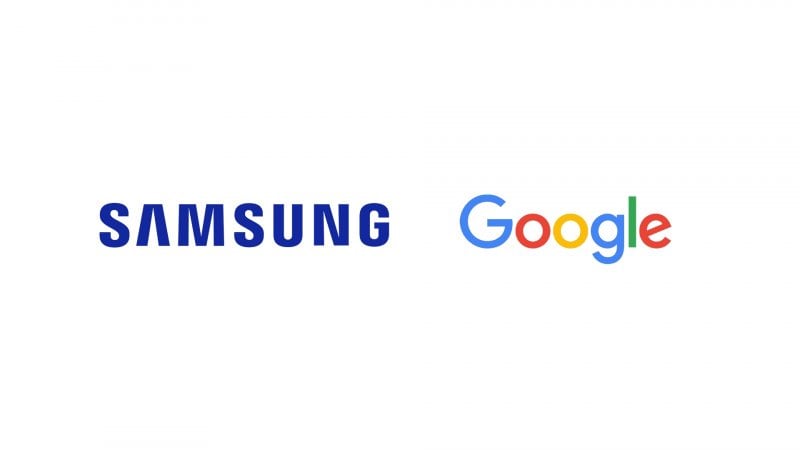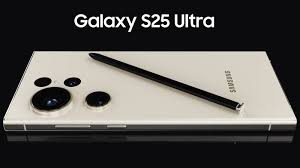A renewed partnership between the two giants involves the new generation of flagship Galaxy devices and Google's artificial intelligence.
With the Galaxy S24 series, Samsung introduced Galaxy AIits version of generative artificial intelligence, improving the experience of the company's flagship devices.
As the competition to integrate such technologies into mobile devices intensifies, Samsung appears poised to stay abreast of the latest innovations.
Recently, rumors have been spreading about the next big update in the line, Galaxy S25, which could host the second generation Gemini Nanoartificial intelligence made in Google.
This prospect would represent a further step forward in the partnership between Samsung and Google, highlighting the growing importance of AI in consumer devices.
Exploring the details
This year Samsung marked an increase in shipments compared to the previous generation, thus managing to regain the top of the charts thanks to the features implemented and supported by a vigorous advertising campaign.
According to industry sources, the Korean company is considering the integration of artificial intelligence functions directly into the device hardwarewithout depending on an active internet connection.
With the arrival of the Snapdragon 8 Gen 4 and the Exynos 2500 next year, greater computational capacity is expected to run artificial intelligence on-device, a potential tied to the willingness of companies to implement this change.
The industry expects that upcoming chips will be optimized to support AI with boosted speed up to 4 GHz.
Furthermore, it is expected that Samsung may increase the amount of RAM in the base versions of its upcoming devices to support local AI processing, thus addressing the controversial limitations found with the Pixel 8.
The decision to collaborate with Google rather than develop these technologies independently could give Samsung a strategic advantage, considering that Gemini Nano is currently exclusive to the Google Pixel series.
Window into tomorrow
This strategic partnership could put Samsung in a more favorable competitive position than Applewhich is believed to be working on similar technologies for fully offline processing.
The integration of Gemini Nano into the Galaxy S25 series could therefore represent a direct move to compete more effectively with Cupertino in the premium segment of the smartphone market.
That said, it's unclear whether the second-generation Gemini Nano will add additional features to the existing Galaxy AI suite or whether Samsung will keep the same branding rather than opt for a rebrand.
The latest rumors seem to raise more questions than they answer, and it's premature to comment on the company's plans at the moment.
However, as the launch of the Galaxy S25 approaches, we hope for further updates that can provide clarification on this matter.
#Samsung #Google #collaborate #bring #Gemini #Nano #Galaxy #S25

